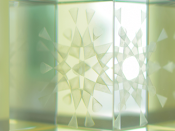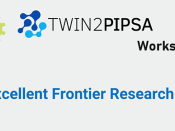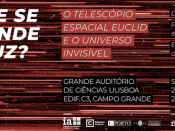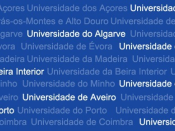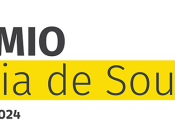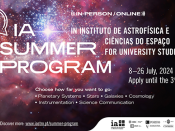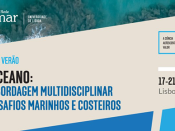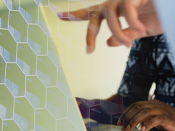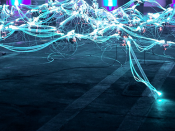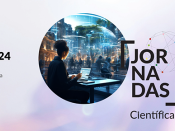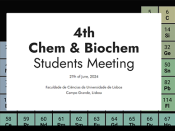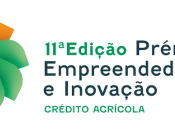Por Jean-Baptiste Joinet (Université Jean Moulin, Lyon 3, France).
A good way to introduce Linear Logic is to present it through the so called Curry-Howard correspondence (proofs-as-programs / cut elimination-as-computation / formulas-as-types). Indeed, in that frame, Linear Logic can be seen as a magnifying glass thanks to which the computational process (cut-elimination of intuitionistic or classical proofs) appears decomposed into specific, more elementary dynamical effects (which, in the dynamic of intuitionistic or classical proofs, are undistinguishable and remain mixed up).
The diversity of Linear Logic connectives (multiplicative, additive and exponential ones, and their variants as functorial exponentials, specialized exponentials etc) mirrors, at the level of types alias formulas (i.e. connectives and the rules involving them), that decomposition of the dynamic of proofs.
From that perpective, the various ways one is able to interpret (though translations) ``intuitionistic'' and ``classical'' Logic (respectively) in Linear Logic, have to be thought as catching statically some features of the respective possible dynamics of both logics.
Typically, when one interprets ``intuitionistic'' and ``classical'' implications in Linear Logic, the difference between them is not caught at the level of the implication connective itself (i.e. by distinguishing a classical and an intuitionistic implications as one sometimes does in the frame of the “Logical Ecumenism’’), but by using differently the modalities of Linear Logic: ``!'' and ``?’’. Statically, those modalities (called the exponentials) serve to indicate the (potential) use of left and right structural rules, respectively. Dynamically, structural rules are the source of the non linear, “structural” part of the computation (notably: duplication of code, erasing of code etc). Whence the slogan : “The exponentials are thus in charge of the structural part of the computation”.
In my talk, I will only (or mainly) focus on the exponentials “!” and “?” of Linear Logic. After presenting the four structural effects they are in charge of (in the simpler case of Intuitonistic Linear Logic, ILL), I will analyse the way “!” and “?” interact (statically and dynamically) and try to measure how far they are – or not – independent.
That investigation results in creating ``intermediate exponentials'' that I use to design computational systems of linear logic which are ``intermediate'' between Intuitionistic LL (ILL) and Classical LL (CLL). Methodologically, the focus is put on how to break the symmetrical interdependency between ! and ? which prevails in CLL, in order to get ``!'' and the resulting ``?'' playing well differentiated roles -- and this without to loose the computational properties (closure by cut-elimination, atomizability of identity axioms). Four main systems are designed (Dissymetrical LL, semi-functorial Dissymetrical LL, semi-specialized Dissymetrical LL, bi-conclusion LL).
If times allows, I will then show how to us Dissymetrical LL (DLL) as a tool to design multi-conclusion Intuitionistic sequent calculi.
Transmissão via Zoom.





